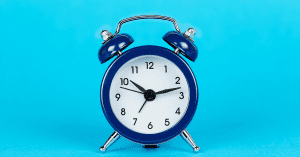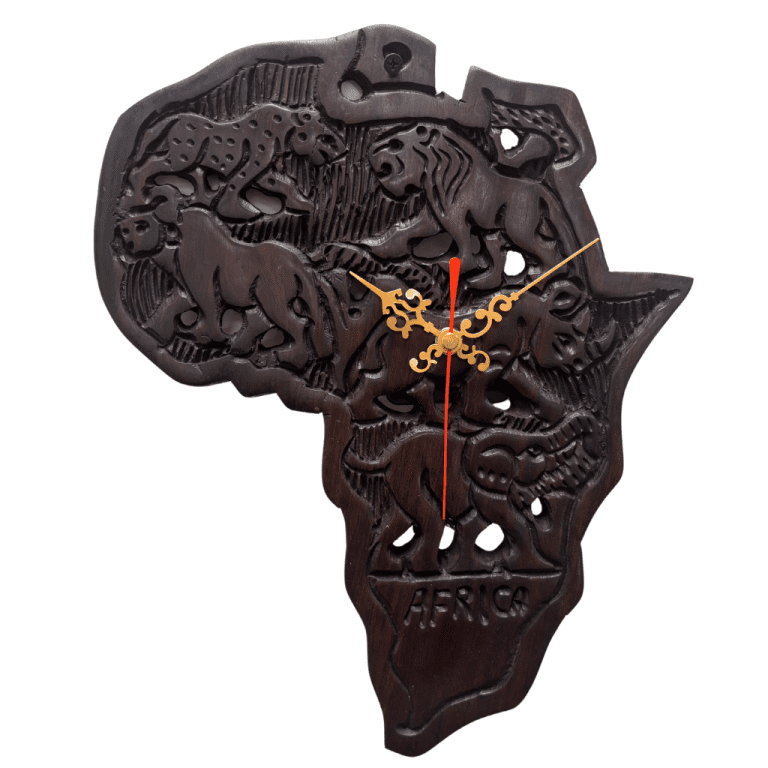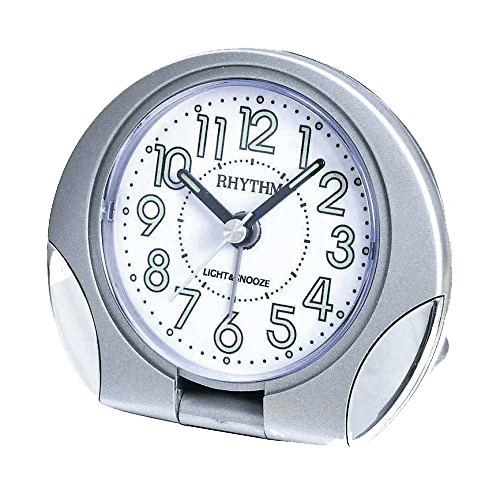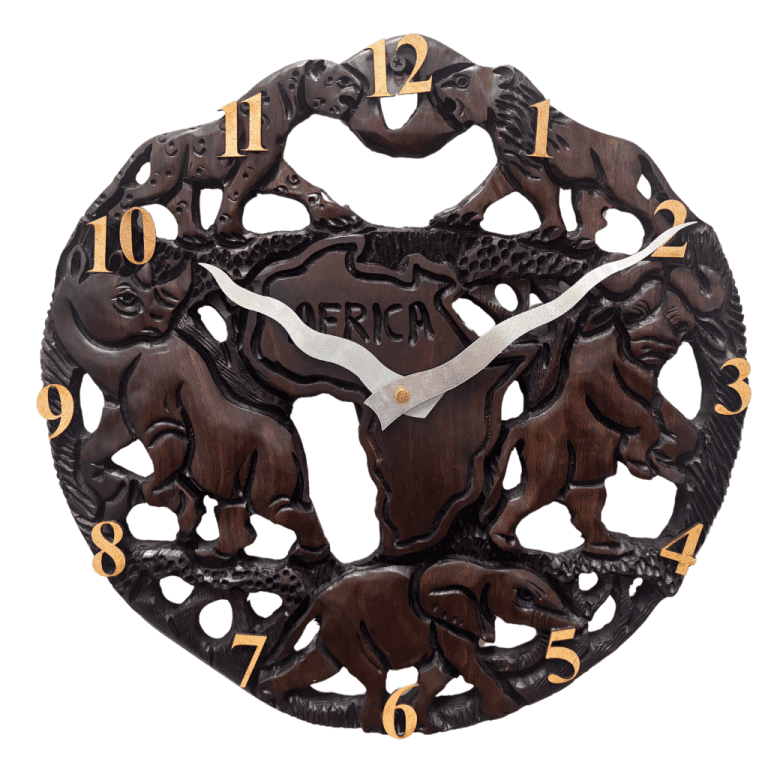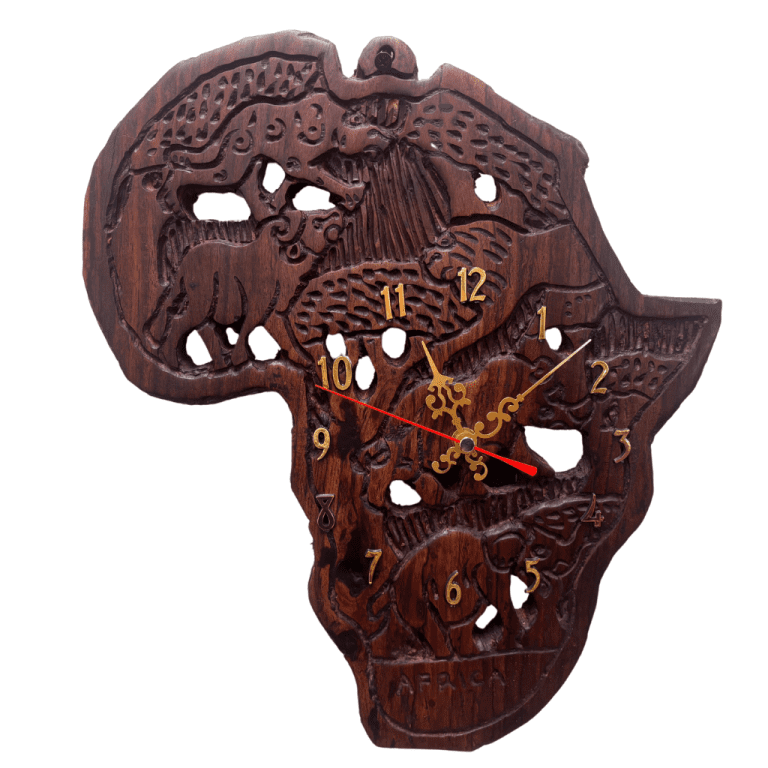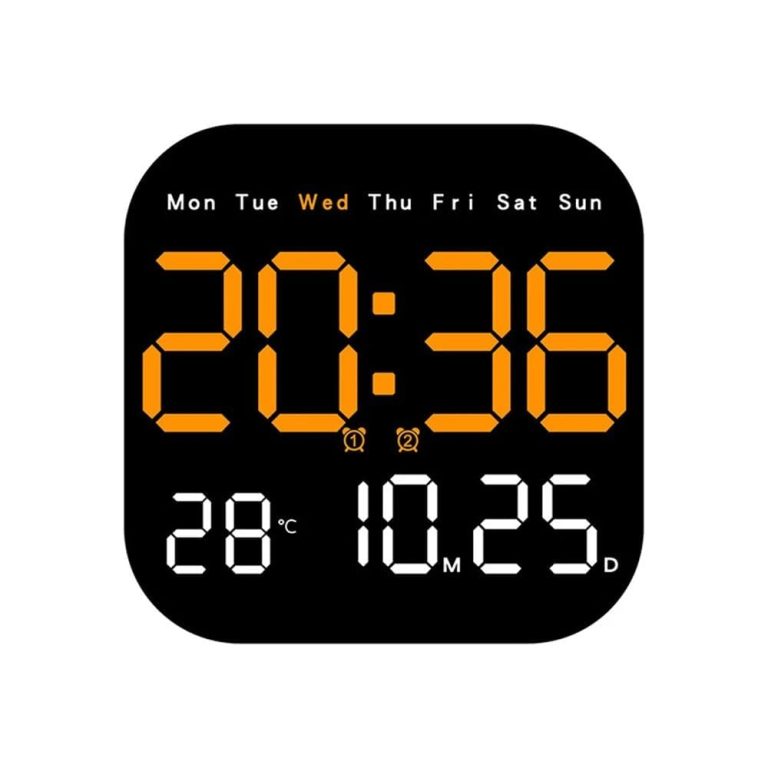Alarm clocks are a common fixture in most bedrooms, but do they actually help us get better rest? Let’s take a look at the history of alarm clocks and see what the experts think about their role in achieving healthy sleep.
Origins of Alarm Clocks
People have been using alarms of sorts to wake up well before clocks were even a thing. The morning sun was the original cue to rise and shine, and roosters have likely been crowing sleepers awake for eons.
Plato is said to have woken up early with a clever device that used draining water to signal a whistle as the contraption filled, supposedly spurring the development of later mechanical time-keepers. Church bells have awoken communities for morning service for centuries, and by the 1300s, we can find descriptions of chiming clock towers in Europe designed to inform residents of the time.
Later, booming industrial factories in the 18th century relied on an on-time workforce, and would sound morning whistles to rouse their workers living nearby. Some cities and companies even employed a “knocker-up”, designated people that would go door to door delivering wake up calls.
Although existing as early as the 1500s, it wasn’t until the 1870s that alarm clocks started to become a common thing in private homes with the advent of the mechanical wind-up version. Over time, this fixture cemented it’s position in the bedroom, incorporating additional features like radio receivers, cuckoos, snooze buttons and more. Modern alarm clocks continue to evolve, with everything from light-based alarms to clocks that run across the room, and even phone apps.
With jobs, school and other responsibilities, waking up by a set time remains a must for the majority of us. So, naturally, many people depend on alarm clocks to start the day. But, are they really doing us a favor, or is this reliance on alarm clocks detrimental?
How Morning Alarms Help Us
Alarm clocks have been in use for centuries because they solve a real problem—ensuring we wake up on time. Their utility is undeniable, and many of us would probably have a hard time making it to work every day without one.
Here’s a an overview of the ways alarm clocks benefit us:
Staying on Society’s Time
Without alarms, many of us would oversleep and wind up late for work. As great as sleeping in late sounds, being on time is a (harsh) reality we often must abide. In order for business and schools to run smoothly, agreeing on a set time to be there can be essential, whether you’d like more sleep or not.
Plus, too much oversleeping can have its drawbacks when it comes to your health.
Normalizing Sleep Schedules
Alarm clocks can also be helpful for keeping sleep schedules regular. Waking up around the same time each day is beneficial for our internal biological clocks. Using an alarm clock can help keep your schedule consistent and normalize your sleep patterns.
Peace of Mind
Richard Shane, PhD, psychotherapist and Founder of Sleep Easily, suggests that alarms can also provide peace of mind, adding:
Potential Downsides of Alarm Clocks
However, alarm clocks aren’t always helpful. In fact, sometimes they can be counterproductive to overall health and even for getting good sleep.
Sleep Anxiety
Sleep anxiety, or worrying about not falling asleep or what can happen while you’re asleep, can paradoxically contribute to insomnia.
And, alarm clocks are right there helping, counting down the precious minutes of sleep left until wake up time. Most sleep experts suggest covering clock faces or turning them away from the bed so you’re not tempted to watch the minutes tick by.
Stress
Levels of the stress hormone cortisol naturally rise shortly after waking for most people. Although there’s no studies showing alarms further increase cortisol, being startled awake by a loud alarm first thing in the morning certainly doesn’t make things more relaxing.
Researchers are also looking into correlations between heart attacks and alarm clocks, due to their adrenaline-spiking jolt which can trigger the flight-or-fight response and accelerate heart rate and blood pressure.
Social Jetlag
Social jetlag refers to the sleep deprivation many people experience as they try to eek by on less sleep in order to keep up with social demands. One large study showed that two-thirds of adults sleep over an hour more on weekends as opposed to weekdays, and that although wakeup times are staying the same, we are going to bed later. Researchers argue this is messing with our internal biological clocks, affecting sleep and significantly increasing risk of weight gain and obesity as well.
Some alarm clocks have brightly-lit faces, and while good for seeing the time, researchers have found that lights at night can affect sleep.

